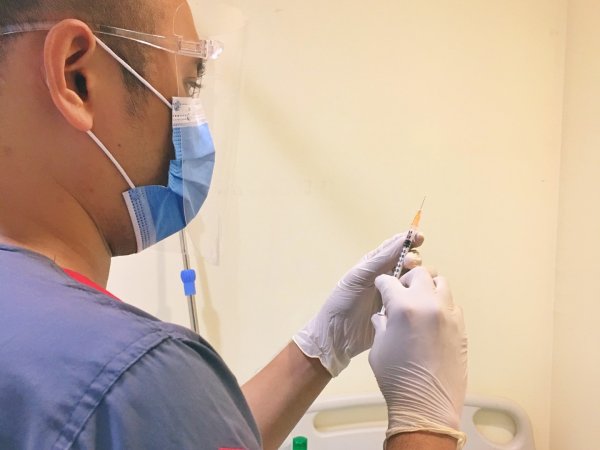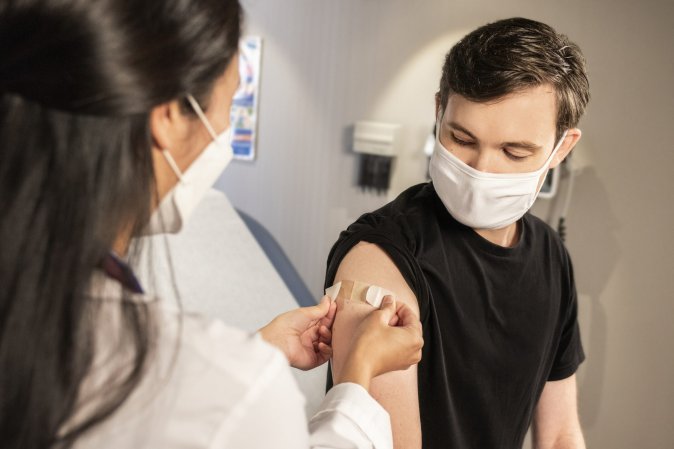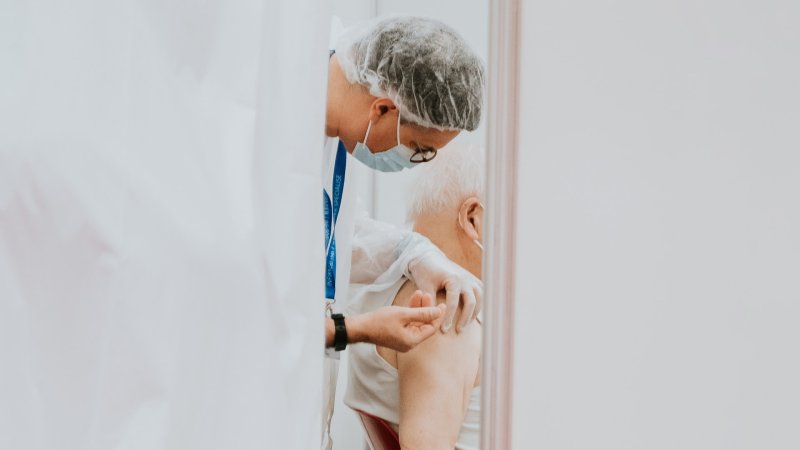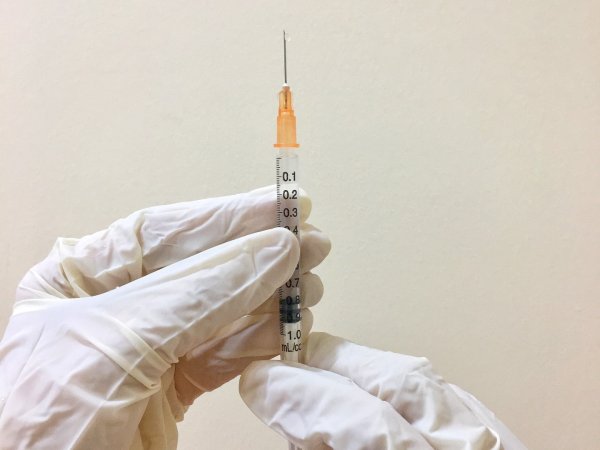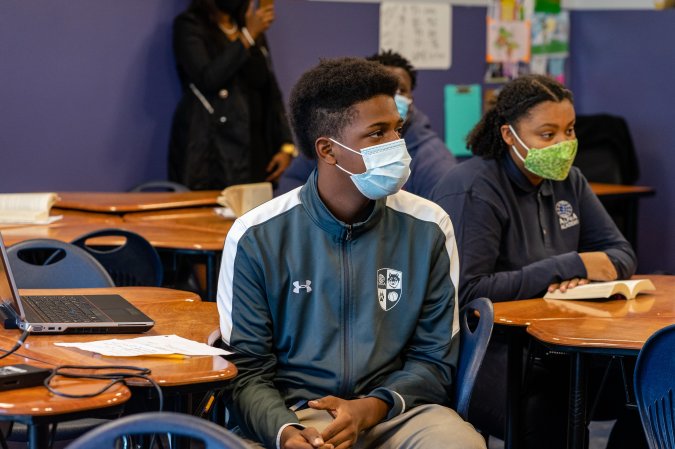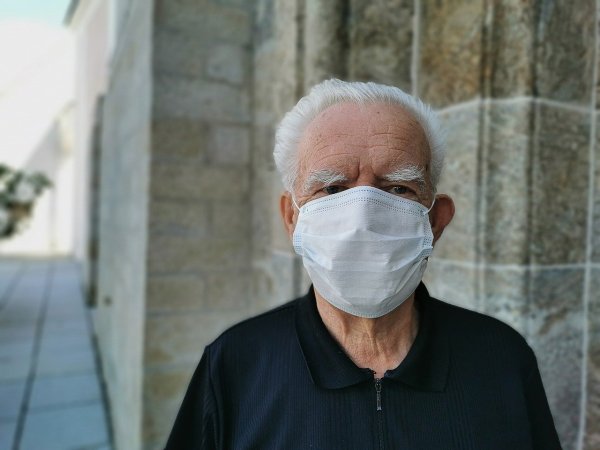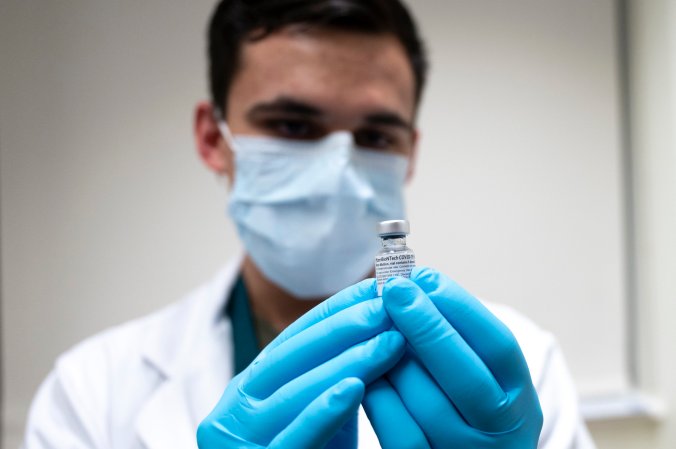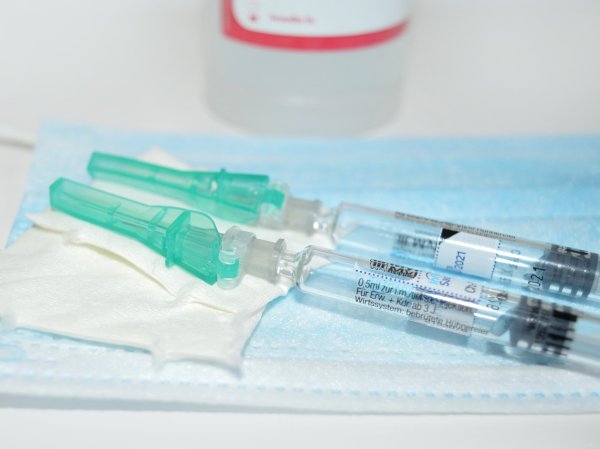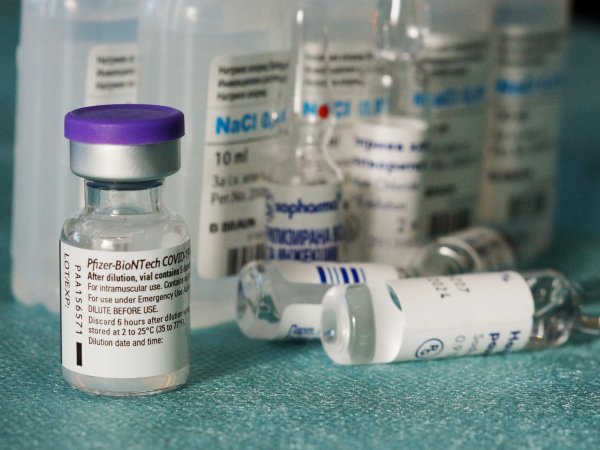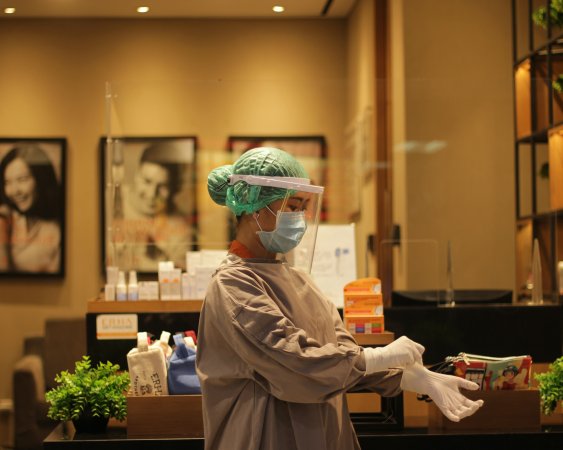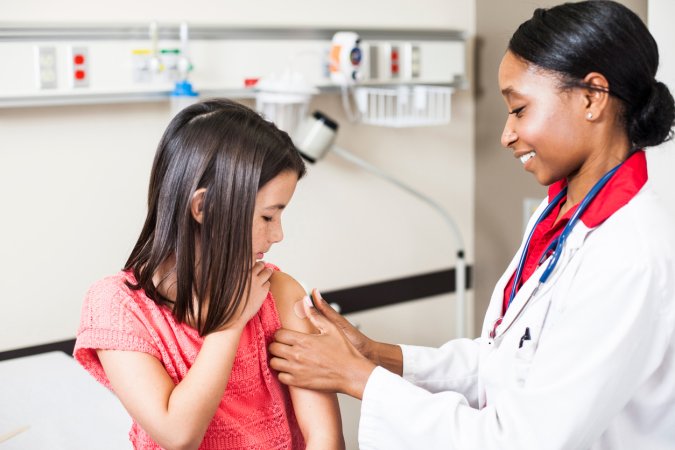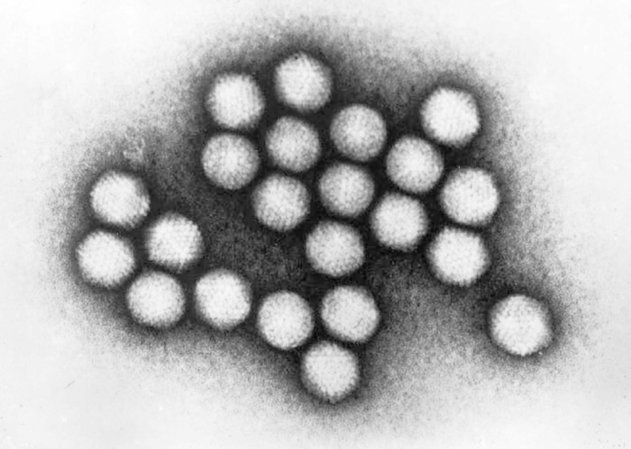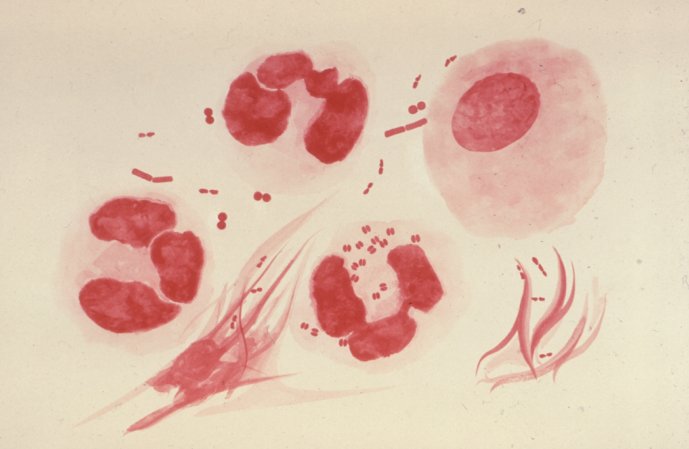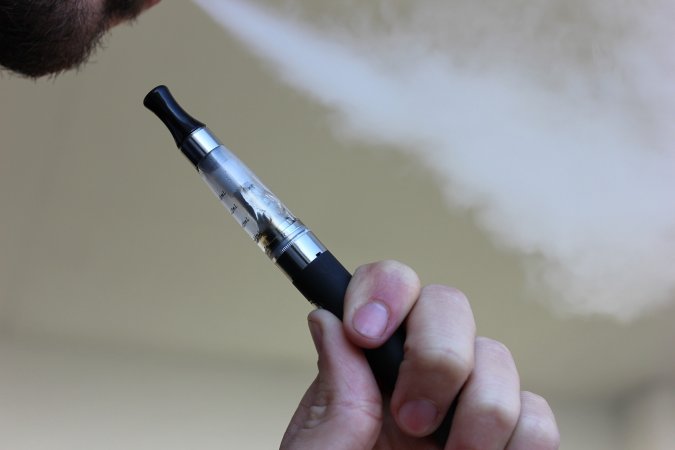

Click here to see all of PopSci’s COVID-19 coverage.
This week, despite numerous setbacks across the US, COVID-19 case counts continue to retreat, both across the nation and around the world. It’s a reprieve that may very well not last, but as more shots go in arms—surpassing 200 million worldwide—there’s a greater chance this downward trajectory will last. It’s also a sign that a post-pandemic world is in sight.
Here’s some COVID-19 news from the past week that you might have missed.
Bad weather blasted vaccine rollout in some parts of the US
The severe winter weather that roiled North America last week, causing power cuts for millions and creating a horrific infrastructure crisis in Texas, has also hurt vaccine distribution. Not only have the snow and ice disrupted vaccine supplies, but the power cuts have also affected the refrigerators needed to keep the vaccines cold. For the Biden administration, it’s a drastic test of its goal of delivering an average of 1.5 million shots per day.
Fortunately, if the weather has disrupted your second shot, the US Centers of Disease Control (CDC) says that the second dose of both the Pfizer-BioNTech and Moderna vaccines can be delivered up to six weeks after the first dose, meaning that there’s still plenty of time.
If you’re in the US and confused how to sign up for a shot in your state, you can find out here.
There’s also some good vaccine news
More promising news is coming out of Israel, which has had the fastest vaccine rollout of any country in the world and aims to vaccine everyone over 16 by March. Data from that country shows that a single dose of the Pfizer-BioNTech vaccine is still 85 percent effective at preventing COVID-19 symptoms. That’s not the only good news for vaccine distribution: The Pfizer-BioNTech vaccine can also be stored in a normal freezer.
Additionally, other data shows that the Oxford-AstraZeneca vaccine is actually more effective when its two doses are given three months apart. It’s a boost for countries like the UK, which have chosen to push their current vaccine resources into delivering first doses. It also means that other countries using the Oxford-AstraZeneca vaccine can worry somewhat less about supply limits.
We may have a better idea of when we’ll reach herd immunity
How soon will we actually reach herd immunity? There’s a chance we may have some answers that will help inform that murky question soon. In an ongoing novel experiment, scientists in Brazil are giving the Sinovac shot to all 30,000-odd adults who live in Serrana, a sugarcane town about a four hours’ drive from São Paulo. The researchers want to observe the town to learn if, and how rapidly, vaccinated people can still transmit the virus.
Brazil has been hard-hit by the pandemic, and Serrana has fared particularly badly, with nearly 1 in 20 of its residents having been infected, but it could now help lead the world out of COVID-19. The researchers hope the data can turn the town into a microcosm of a world where more and more people are gaining immunity. The researchers also hope it helps counter a growing problem of anti-vax sentiment in Brazil.
Scientists are trying to figure out how to open schools safely
As some schools are finally reopening and as pressure continues to build for others to follow suit, scientists are zeroing in on an often-unspoken contributor to COVID-19: airborne transmission. We’ve known since early last year how well the virus can spread through aerosols, but public health agencies haven’t been quick in responding. Now, scientists are reinforcing that preventing spread relies on blocking infectious airborne particles.
With pressure growing to reopen those schools that remain closed, public health experts are especially emphatic that keeping children safe relies not just on masking and distancing, but also keeping buildings properly ventilated. This poses a problem for many schools, especially older buildings. And it’s not just schools: Workplaces and other public spaces must take it into account as well.
Returning to good news: Cases are falling, worldwide
Again, it’s clear that the coronavirus is now in full retreat across the world. Many models predicted that the pandemic would continue to escalate or at least plateau after a particularly rough winter in the Northern Hemisphere, but that hasn’t happened. Especially with more contagious variants spreading, there’s every chance we may see more surges soon, but for now, the drop in new cases is welcome news indeed.
Scientists aren’t sure why, but it’s likely a combination of several factors: social distancing and mask-wearing having their effect, the changing of the seasons, and—potentially—enough people having immunity to slow the spread. Of course vaccines too are helping, although in many countries it’s likely too soon for them to have made a big splash.
